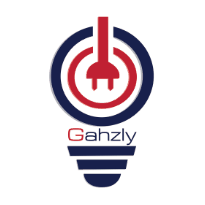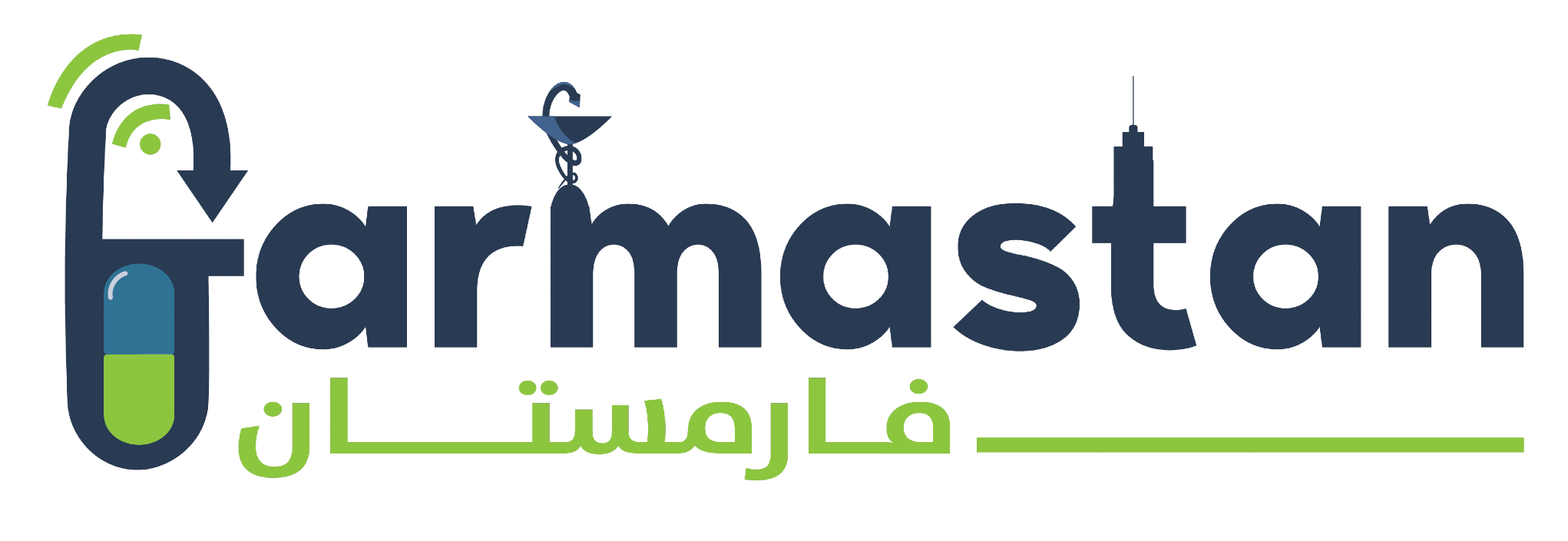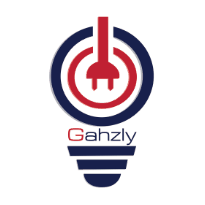3 Things You Need to Know About Prescription Drugs in Drinking Water
[ad_1]
If you’re like me, you’ve heard the news about prescription drugs in drinking water. If so, I’m sure you’re just as alarmed by this news as I am. I mean! The idea that every time you drink a glass or water (or even a bottle of water) you could easily be drinking everything from heart medicine to sex hormones is really scary! No one really knows what these “trace” amounts of other people’s drugs are going to do to our health, either. So, what can be done about drugs in the drinking water? Well, to really understand this issue let’s take a look at three things: Why are these drugs in our drinking water, how big is the problem, and what can be done about it.
Why Are Prescription Drugs In Drinking Water?
This is a fairly new problem. Although no one knows for sure, scientists think that drugs get into our water systems from recycled human waste. Your sewage is either collected by the municipality you live in or it goes into a septic tank. Either way, the sewage is chemically treated so that it can be released back into the environment. The treatment kills bacteria like e. coli, but it does nothing to break down these high powered drugs that we take. So, when the treated sewage is released back into the environment, the drugs go with it. There’s only so much water on the planet, though. It’s really what’s called a closed system. So, at some point those drugs will get back into the water treated by other facilities.
How Big Is The Problem of Drugs In The Drinking Water?
For years, prescription drugs have been found in our water supplies. A study was done recently that found prescription drugs in American water systems from California all the way to New Jersey. As far as the health impact of all of this…well, no one knows for sure. Government and water treatment providers say that there are not enough of these drugs in our water to count. Actually, no one knows the long term effects.
What Can Be Done About Prescription Drugs In Drinking Water?
The solution doesn’t lie with the water treatment facilities. Most of our nation’s water treatment plants are fifty to one hundred years old. They were built to combat waterborne diseases like cholera, not filter out drugs in the drinking water like ibuprofen and bupropion. The only viable solution is for you to filter your water yourself! There are a number of excellent water filtering technologies out there. A water filter will cost you anywhere from $20 for a water filtering pitcher to $3,000 for a state of the art distiller. Don’t worry, though! There is a solution to this problem to fit all budgets. All you need to do now is to find a good website where you can get reliable information.
[ad_2]

يسعدنا زيارتكم صفحاتنا على مواقع التواصل الاجتماعي حيث نقوم بنشر عروض حصرية على موقعنا الالكتروني.
صفحتنا علي الفيسبوك هنا.
حسابنا على تويتر هنا



Leave a Reply
You must be logged in to post a comment.